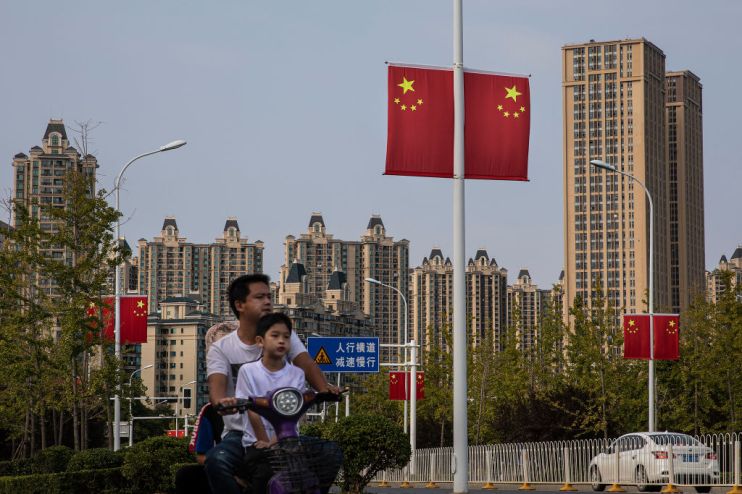China’s central bank slashes mortgage rates in high-stakes bid to revitalize property market

China’s central bank slashed the benchmark mortgage interest rate on Tuesday in a bid to jumpstart the country’s sluggish property market and boost its struggling economy.
The People’s Bank of China announced a reduction in the five-year loan prime rate from 4.20% to 3.90%, surprising economists who had expected a median rate of 4.10% based on a Bloomberg poll of 12 economists. Meanwhile, the one-year rate remained stable at 3.45%.
This adjustment marks the most substantial cut to the LPR since China revamped its loan pricing mechanism back in 2019. The last time the five-year LPR saw a decrease was in June 2023, with a reduction of 10 basis points.
The five-year rate, which serves as the benchmark for mortgages, has been lowered amidst a prolonged downturn in China’s property sector, which has had adverse effects on consumer, business, and investor confidence.
Following the announcement, the Chinese yuan depreciated to its lowest level since November 20, while property stocks experienced a surge.
“Today’s 25bp cut to the 5-year LPR is clearly aimed at supporting the housing market. On its own it will not revive new home sales. But coupled with efforts to provide increased credit support to developers, today’s cut should help to reduce pressure on the property sector somewhat,” said Julian Evans-Pritchard, Head of China Economics at Capital Economics.
“The bigger picture though is that the PBOC remains reluctant to embrace the sizeable and broad-based rate cuts needed to drive a strong acceleration in credit growth and therefore economic activity.”
China’s economic situation presents a complex picture, with a 5.2% expansion in 2023 countered by a decline of 2 million in the population. These conflicting statistics underscore the ongoing challenges posed by a sluggish property market and demographic shifts in the world’s second-largest economy.
Despite a brief post-COVID recovery, China continues to face significant hurdles, including substantial debt resulting from decades of infrastructure investment and a downturn in the property market. These challenges not only pose risks domestically but also globally.
The struggling property market, coupled with rising youth unemployment, weak consumer demand, and the reluctance of financially strained private enterprises to invest, presents policymakers with a formidable task in revitalizing economic growth.
“With inflation low and economic momentum still tepid in early 2024, we believe that monetary policy will remain accommodative in China moving forward,” said Lynn Song, Chief Economist, Greater China at ING.
“We still see room for one more cut to the key 1-year LPR in near term, and a further reserve ratio requirement cut is possible as well. If global central banks do begin rate cuts later in the year, that will likely free up more room for the PBoC to ease policy further.”